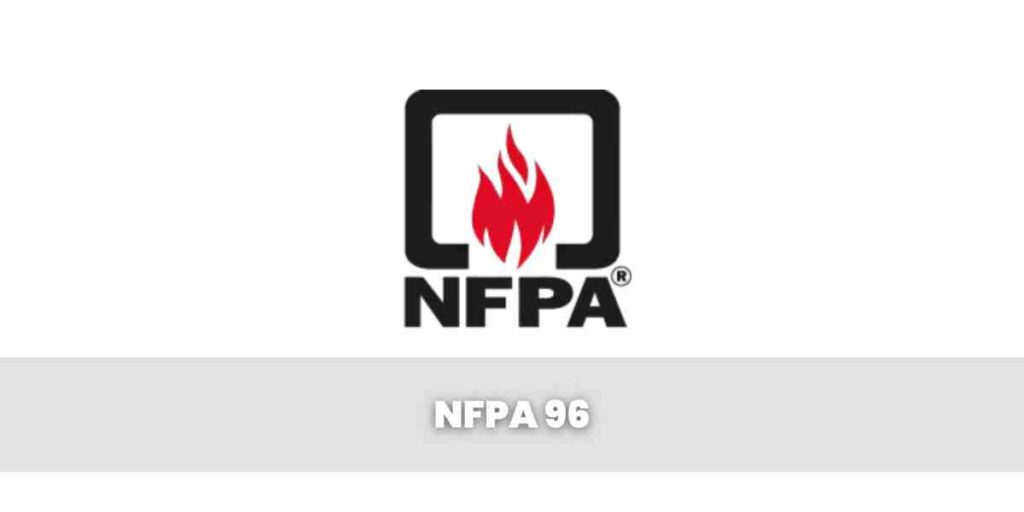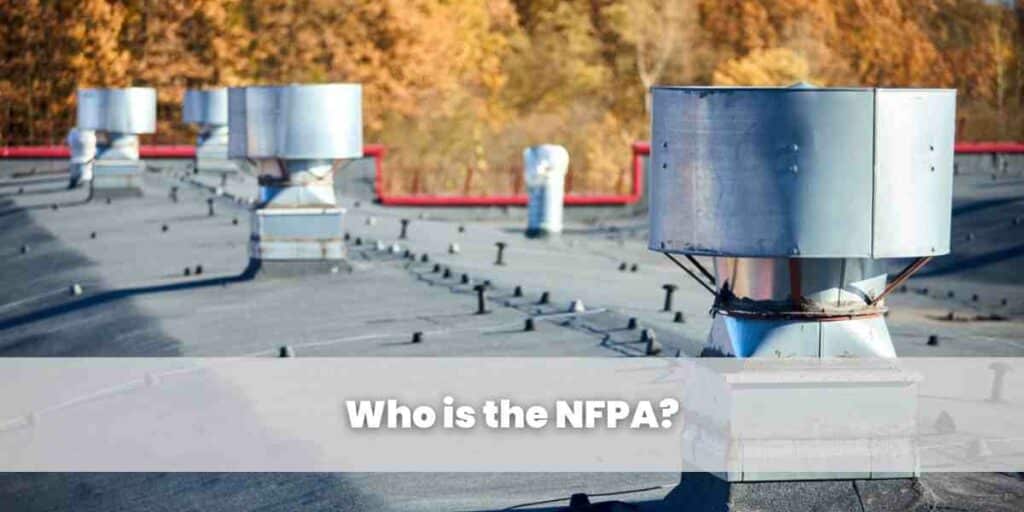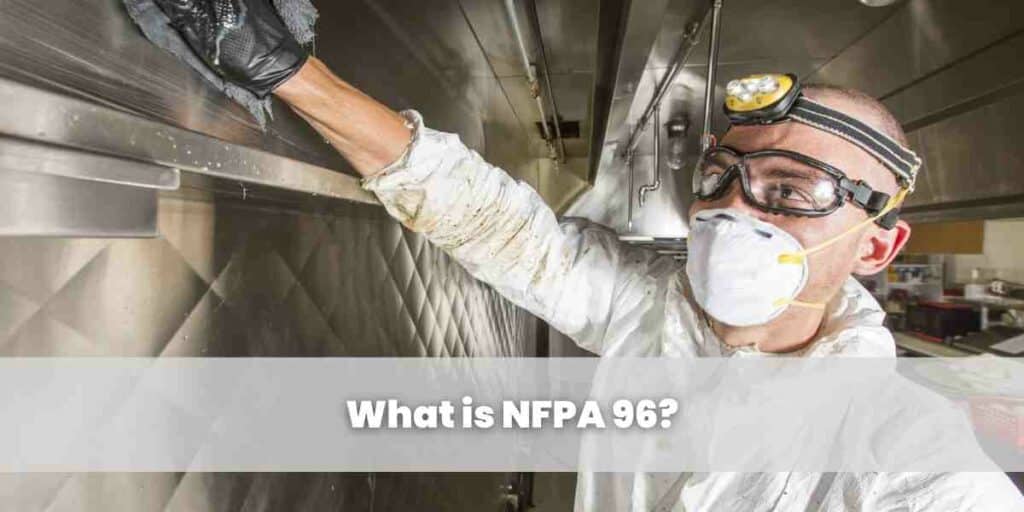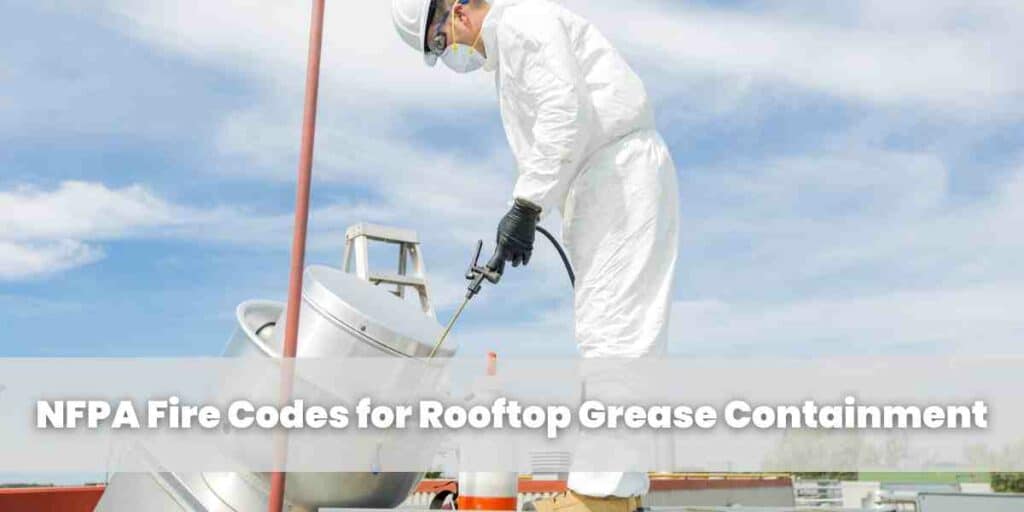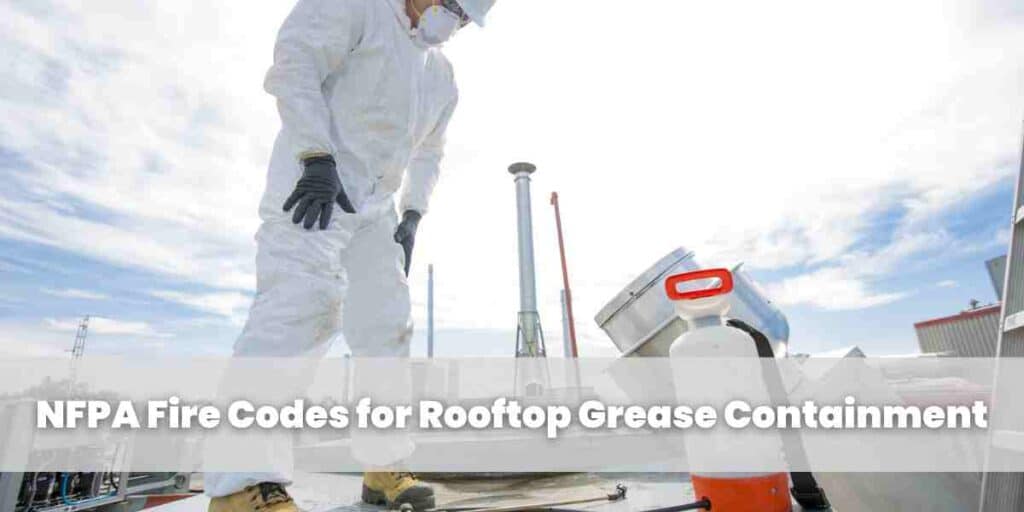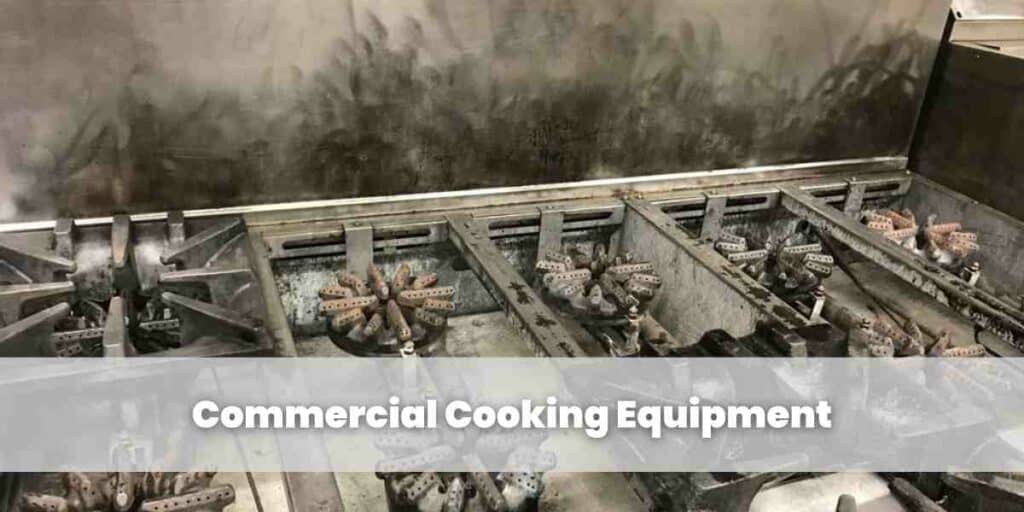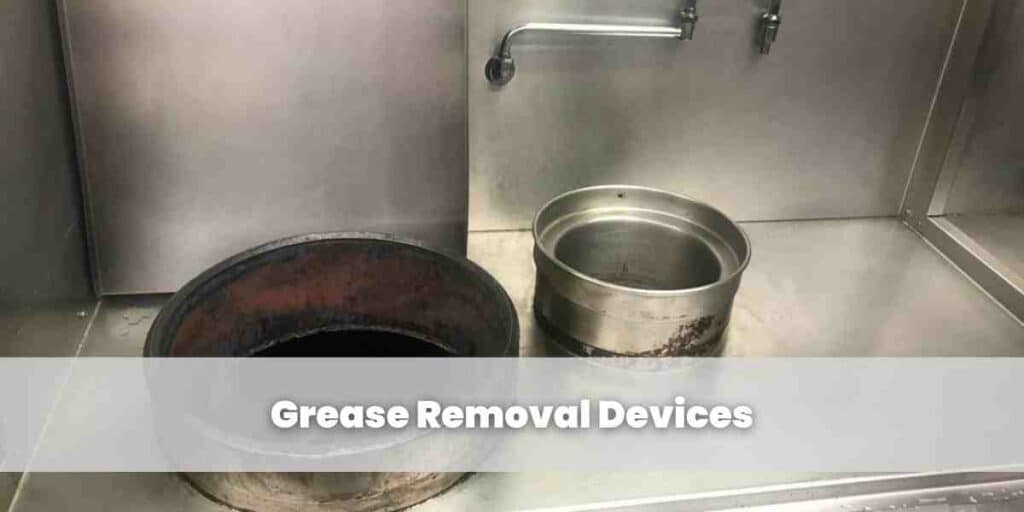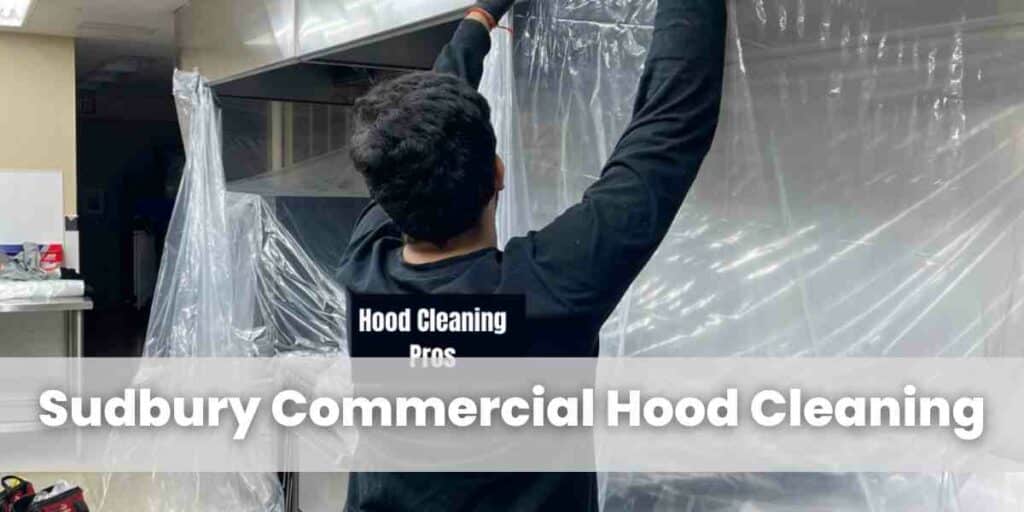NFPA 96
Restaurant & Facilities Kitchen Exhaust Cleaning Company
*** We provide a Health & Safety Certificate as per NFPA 96 code, before/after pictures will be provided after completion
*** We are NFPA #96 Compliant Kitchen Exhaust System Cleaning Company
*** WSIB and Liability Insurance information will be provided before the start of work
We Have The World's Most Awesome Clients

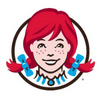








NFPA 96
NFPA 96 protects against fires in commercial cooking areas by providing both preventive and operative fire safety requirements. Be reminded that this standard applies to local businesses in Sudbury, Ontario, owing to Canada’s national adoption of the International Fire Code.
As the leading cause of restaurant fires, grease and cooking oil are major concerns addressed by NFPA 96. The standard requires that commercial kitchens be outfitted with both an automatic fire suppression system and a grease removal system to mitigate the risk of fire.
Furthermore, NFPA 96 establishes guidelines for the safe operation of commercial cooking equipment, exhaust systems, and venting. But some of the guidelines don’t apply to private cooking operations.
For Sudbury ON restaurants and other businesses fitted with a commercial kitchen, the most practical way to abide by the NFPA 96 standard is to install a commercial kitchen hood system.
This type of system typically includes a grease removal device, an automatic fire suppression system, and appropriate venting.
When it comes to preventing fires in commercial cooking operations, an ounce of prevention is worth a pound of cure. By adhering to the NFPA 96 standard, businesses ought to hire the services of a professional kitchen exhaust cleaning company.
The difference between commercial cleaning to that of a DIY approach is like night and day, with the former being significantly more effective.
For more information on NFPA 96 and other fire safety standards on commercial cooking operations, please consult your local fire department or the National Fire Protection Association.
Who is the NFPA?
The NFPA is a U.S.-based nonprofit organization that creates and maintains fire safety standards. It is best known for its publication of the National Fire Code, which is widely adopted across North America.
In Canada, the NFPA’s fire safety standards for ventilation control and fire are adopted by reference in the National Building Code. As such, they are mandatory requirements in all provinces and territories.
For commercial restaurants, the NFPA 96 isn’t merely an option; it’s the law directed towards the protection of commercial cooking. Some of the key requirements of NFPA 96 include:
Outfitting commercial kitchens with an automatic fire suppression system
Installing a grease removal system, horizontal grease duct systems, and ventilation control and fire
Operating commercial cooking equipment, cooking inspection frequency systems, exhaust systems, and venting in accordance with the standard’s guidelines
Conducting regular cleaning and maintenance of all kitchen hoods, ductwork, and exhaust fans for control and fire protection
Hiring a professional kitchen exhaust system cleaning company to clean the ventilation system at least once every three months
The NFPA 96 standard is key in reducing fires in commercial cooking areas. As stated by the NFPA, grease and cooking oil are the two main causes of restaurant fires.
To accommodate for this, NFPA 96 requires that all commercial kitchens have both an automatic fire suppression system as well as a grease removal system installed for the fire protection of commercial cooking operations.
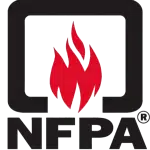
Our Fully Trained Service Technicians Follow The NFPA 96 (National Fire Protection Association) Standards for Hood & Kitchen Exhaust Cleaning.
Get Your Free Hood Cleaning Estimate Now!
What is NFPA 96?
“NFPA 96” stands for “National Fire Protection Association Standard for Ventilation Control and Fire Protection of Commercial Cooking Operations.” This specification normally requires welded steel ductwork, a heavy-duty exhaust hood (Type I Hood), fire suppression beneath the hood, and a make-up air system.
The NFPA 96 standard requires that all commercial kitchens have their ventilation control systems professionally cleaned at least once every three months, and it’s not merely for the fire protection of commercial cooking operations.
This requirement is in place to ensure that grease and other combustible materials are removed from the system.
According to NFPA 96, commercial kitchens must be designed and maintained in a way that reduces the risk of fire. This includes installation, inspection, and preventive measures for the fire protection of commercial kitchens.
The National Fire Protection Agency’s NFPA 96 standard outlines the requirements for many types of kitchen equipment, including cooking appliances, exhaust hoods and fans, exhaust systems, and fire suppression systems.
Some commercial and residential cooking equipment standards include fire regulations for inspection and cleaning frequency, ventilation control and fire protection, hood grease filters, and rooftop grease containment appliances.
NFPA Fire Codes for Rooftop Grease Containment
There are various NFPA fire codes that help to prevent kitchen grease fires. Some of these codes include:
NFPA 96: This code establishes the requirements for ventilation control and fire protection of commercial cooking operations. It covers topics such as Makeup Air, Grease Removal Devices, Exhaust Hoods, Visible Grease Receptacles, Ductwork, and Fire Suppression.
NFPA 17A: This code establishes the minimum requirements for wet chemical fire suppression systems used in commercial cooking operations. It covers topics such as Class K Fires, Nozzles, and Agents.
NFPA 17: This code establishes the minimum requirements for gaseous fire suppression systems used in commercial cooking operations. It covers topics such as Class K Fires, Nozzles, and Agents.
NFPA705: This code establishes the minimum requirements for commercial kitchen grease filters. It covers topics such as Types of Grease Filters, Installation, and Maintenance.
As for rooftop grease containment, NFPA 96 specifically requires that all grease-producing cooking equipment be equipped with a grease containment device. This device must be able to contain all of the greases that are discharged from the equipment, especially from the would-be-contaminated portions of the kitchen.
Commercial Cooking Equipment
The best thing about modern commercial cooking equipment is that it is highly energy efficient. This means that you will be able to save a lot on your energy bills. Additionally, these appliances come with advanced features that make cooking easier and faster.
For instance, some commercial ranges come with multiple burners that can be used simultaneously. This feature is ideal for busy restaurants that need to cook large quantities of food at once.
But regardless of how energy efficient or advanced your cooking equipment is, it is still imperative to follow the NFPA 96 standards to ensure that your kitchen is as safe as possible. Part of your responsibility is to have the kitchen exhaust hood cleaned and maintained by a professional.
Grease Removal Devices
The way to comply with the strict standards of NFPA 96 for commercial kitchens is to install a grease removal device. This is a device that is installed in the exhaust system and is designed to capture grease laden vapors.
At Sudbury Commercial Hood Cleaning, we can install a variety of different grease removal devices, depending on the specific needs of your kitchen. We will also ensure that the device is properly maintained so that it can continue to operate effectively.
What People Are Saying
See what our customers are saying about us



Brand Areas Served
Our Services
- Sudbury Commercial Hood Cleaning
- Sudbury Hood Vent Cleaning
- Sudbury Kitchen Exhaust Hood Cleaning
- Sudbury Restaurant Hood Filter Cleaning
- Sudbury Rooftop Grease Containment
- NFPA 96
- Rooftop Exhaust Fan Hines Installation in Sudbury
- Restaurant Equipment Cleaning In Sudbury
- Food Truck Hood Cleaning In Sudbury
- People Also Ask
Follow Us

